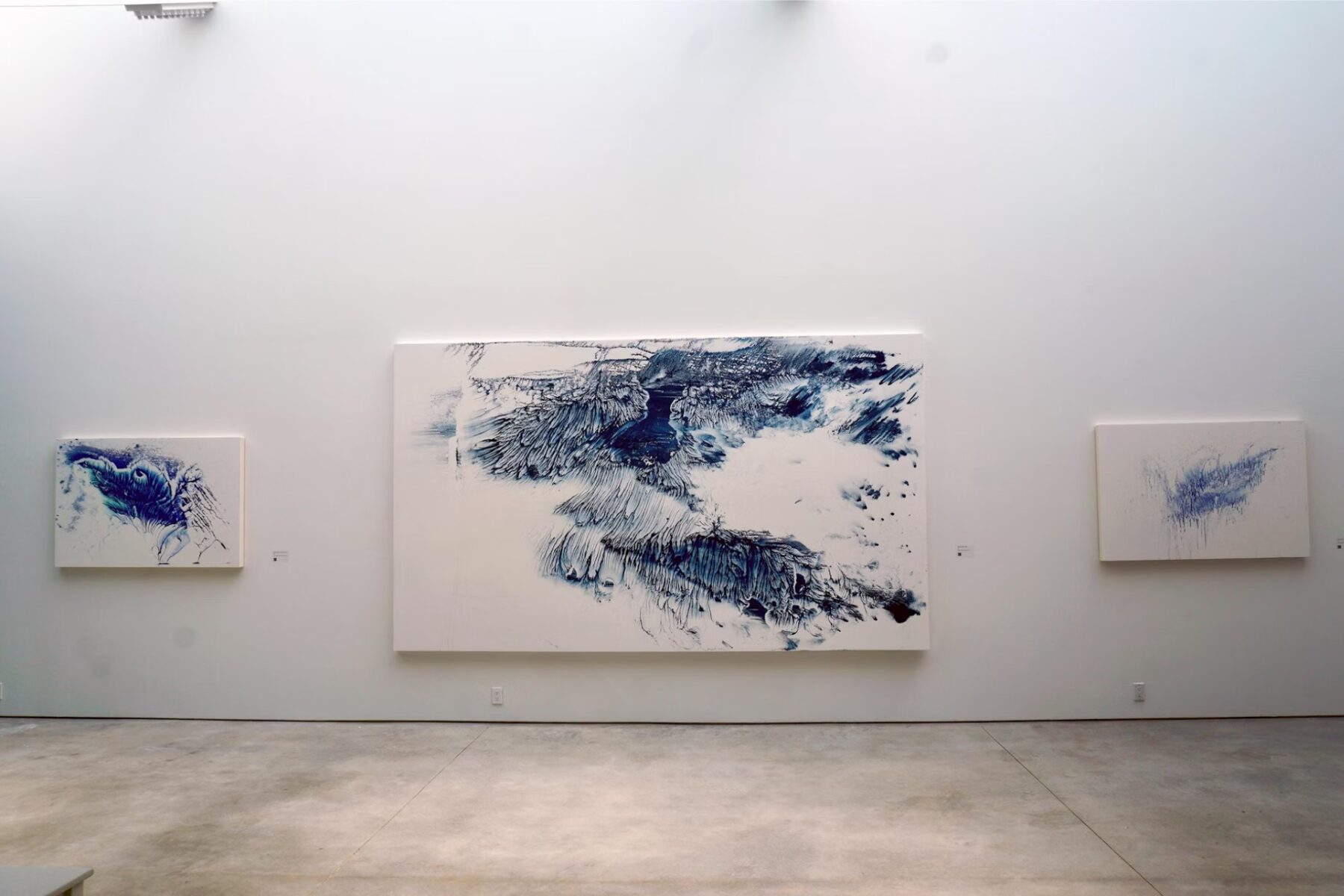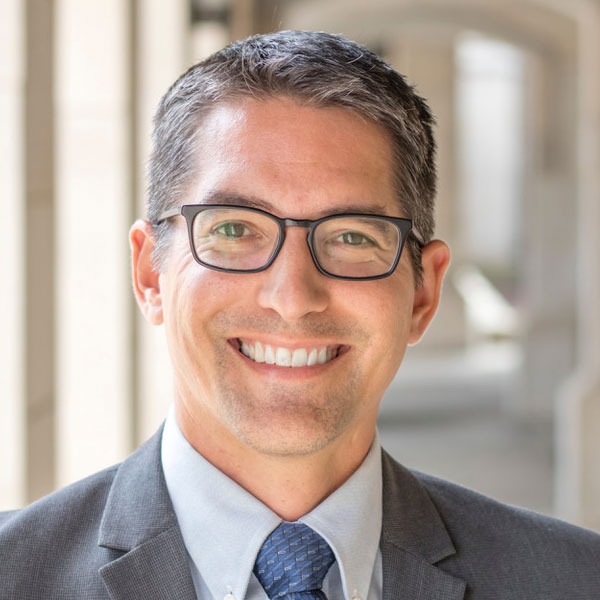Why Should Christians Care About Abstract Art?
 Image by Makoto Fujimura from the Walking on Water collection.
Image by Makoto Fujimura from the Walking on Water collection.
Dr. Wes Vander Lugt
Abstract art has always moved me, but until recently I have struggled to articulate why that’s the case and how it connects with my Christian faith. These last two weeks have been formative for me and many others who enjoyed the abstract art event at Gordon-Conwell—Charlotte campus featuring abstract lithographs by Alfred Manessier and lectures by Dr. Elissa Yukiko Weichbrodt and Dr. Jonathan Anderson. In addition, I was honored to speak at The Mystery of Beauty conference at First Presbyterian Greenville alongside Makoto Fujimura, whose abstract paintings were displayed in the church’s galleries. With these experiences in mind, I want to share seven non-exhaustive reasons why Christians should care about abstract art.
First, abstract art is an expression of humanity’s image-bearing creativity. Only God can create out of nothing, but humans are created in God’s image to be makers of all kinds. Even though we may not “get” abstract art as easily as representational art, it is one valuable way humans can express their God-given creativity and ability to shape materials in meaningful forms.
Second, abstract art affirms the goodness of God’s material world and our embodied experiences within it. The making of artwork is always an embodied activity (think of the “action paintings” of Jackson Pollock) and the only way to experience artwork is through embodied actions like looking, standing, leaning, crouching, and more. Those who believe that God in Christ became flesh and embraced this material world for our salvation should be quick to affirm incarnational forms of artistry.
Third, abstract art can demonstrate the beauty of unity that emerges through dignifying differences. By highlighting formal relationships (e.g., the relationships between different shapes or different colors) and procedural relationships (e.g., this line drawn next to that line, and so on), abstract art unleashes our imaginations to consider how to bring different elements together to forge an alluring whole. This is a profound gift to those who embrace a gospel of reconciliation.
Fourth, abstract art emphasizes the non-utilitarian nature of art that “needs no justification” (from a book title by Hans Rookmaaker). Art is not merely valuable because it educates, entertains, or elicits certain feelings. Art is valuable in and of itself as a gift of God, and while art has many uses in society and everyday life, abstract art is crucial in freeing us from overly reductionistic and functional approaches to art.
Fifth, abstract art points to the great mystery of God’s being and our own that is beyond description and representation. The Word became flesh and dwelled among us, but that same enfleshed Word is before all things and holds all things together. Abstract art—especially art done from a posture of humility and faith like Fujimura’s—invites us to stand before the mystery of God and gospel with humility and wonder, moving us more deeply into worship.
Sixth, abstract art invites us into a process of attentiveness and slow reflection that can enhance essential Christian virtues. Contemporary life is a battle for attention, and when we learn how to slow down and give proper attention to a work of abstract art, we are learning critical virtues for living with attentiveness to God and our neighbor. Learning how to be present with abstract art can teach us keystone habits for an attentive spiritual life.
Seventh, for all these reasons and more, abstract art has enormous missional potential, serving as a non-threatening contact point with people of other faiths or no faith at all. I have discovered that abstract art can be a beautiful centerpiece for conversations about childhood experiences, spiritual longings, cultural engagement, philosophical frameworks, and other topics that create opportunities to witness to the story of God and the good news of Jesus.
In sum, Christians should care about abstract art, and there are ample opportunities to do so. In addition to visiting nearby museums, if you’re in the Charlotte area please stop by the campus and enjoy exhibits of Alfred Manessier, Nancy Snooks, and others. If you’re near the South Hamilton campus, I encourage you to see the photography of Zach Ellis (current MACO student) currently on display in the Great Hall, as well as other upcoming exhibits. Whatever opportunities you have to engage with abstract art, may it be a generative experience that draws you more deeply into the mystery of God.
 Dr. Wes Vander Lugt is the acting director of the Leighton Ford Initiative and adjunct professor of theology at Gordon-Conwell. He is a pastor-theologian with a deep love for the arts. He holds a PhD in Theology, Imagination, and the Arts from the University of St Andrews and has pastored in a variety of church contexts. He is a board member of Christian in Theatre Arts and Lorien Academy of the Arts. His forthcoming book, Beauty Is Oxygen: Finding a Faith that Breathes (Eerdmans) will be out in June.
Dr. Wes Vander Lugt is the acting director of the Leighton Ford Initiative and adjunct professor of theology at Gordon-Conwell. He is a pastor-theologian with a deep love for the arts. He holds a PhD in Theology, Imagination, and the Arts from the University of St Andrews and has pastored in a variety of church contexts. He is a board member of Christian in Theatre Arts and Lorien Academy of the Arts. His forthcoming book, Beauty Is Oxygen: Finding a Faith that Breathes (Eerdmans) will be out in June.